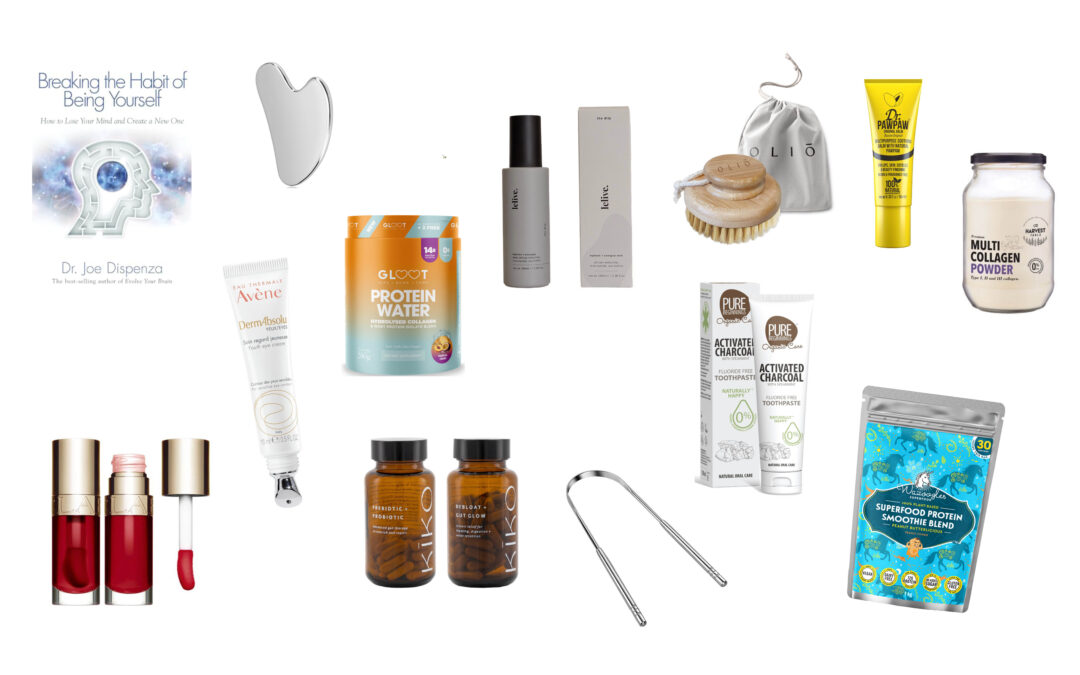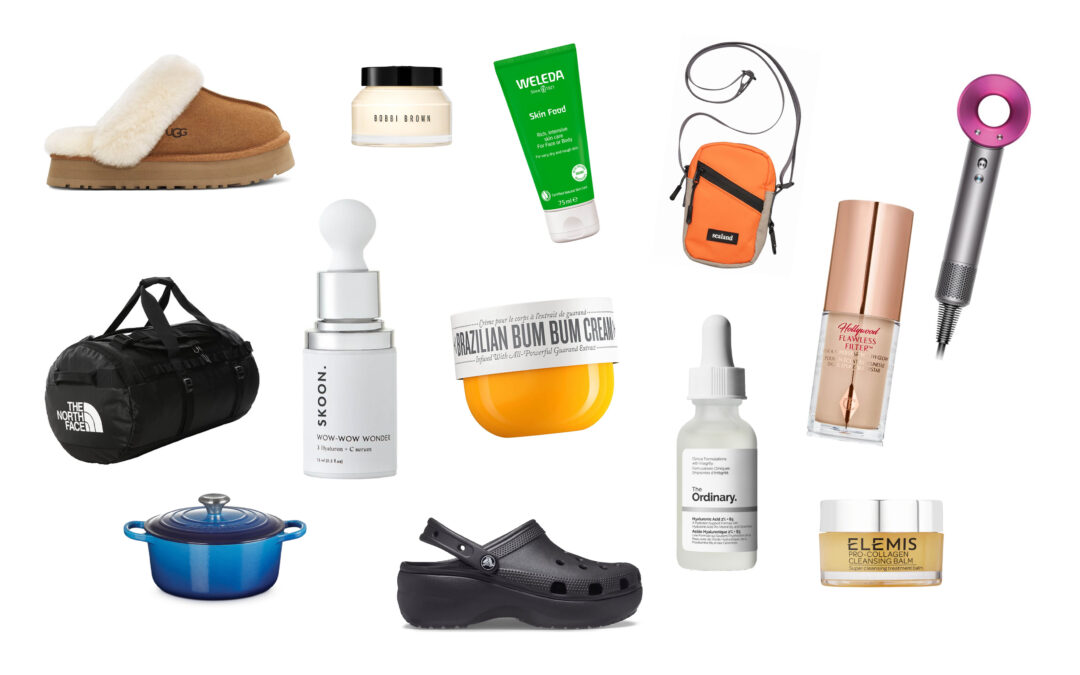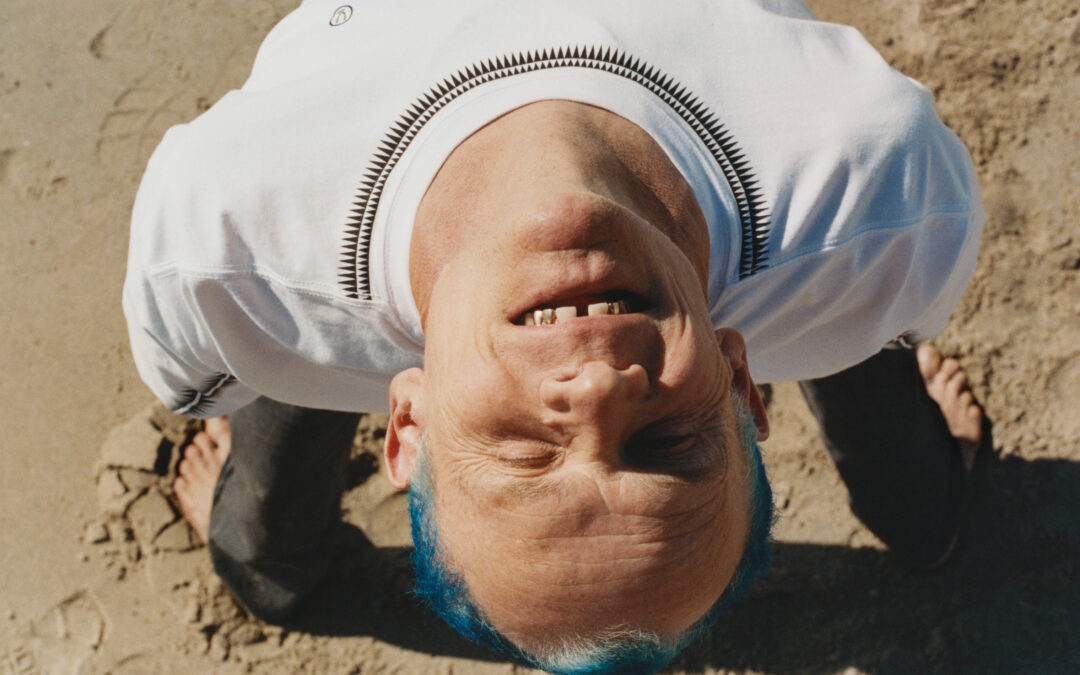Well, it’s that time of the year again. Dezemba has reared its head, and a terrific – if not often tumultuous – year is drawing to an end. Dezemba, in my experience, often brings with it debauchery as sun-kissed skin turns to skin kissed by someone’s son after one too many glasses of prosecco. The insular everyone-knows-everyone Cape Town scene becomes harder and harder to navigate as wires of hookups and hangouts get tangled. Kloof Street sounds unfamiliar, with a smattering of European accents everywhere, and this never-ending Joburg heatwave means we’re all half-naked anyway, so we might as well take off all our clothes (shoutout Nelly). But between sweat, sun, shots of tequila, and endlessly swiping on Swedish 10s on Tinder, I want to finish off the year’s Navigating Realities segment on a somewhat serious note. Today, I want us all to talk and actively engage with our sexual health and safe sex practices.
Now, many of you might be asking, well, why? The thing is, if you have multiple sexual partners, it is not only in your own self-interest but, the bare minimum you can do for your sexual partners. It’s here that I want to drive a stake into the stigma. STI’s do not see race or class or consider social standing. Too often have I heard or have had people try to convince me that they couldn’t possibly have been exposed to an STI purely based on their perception of the company they keep. Let’s just say, based on my own experiences, too many of us are far too lax with engaging in or suggesting unprotected sex with people we don’t know all that well.

Photographed by Chris Abatzis, courtesy of Death To Stock Photo

I brought this up in a previous article, but if you play a little game with yourself and those around you, it becomes very apparent that we as a society are not very good at managing our sexual health. Ask yourself when you last tested for STIs? Have you ever tested for STIs? How regularly have the people you engage/d with sexually tested, if ever? See how quickly the holes appear? It also doesn’t take a lot of data digging to see that we are not following the best safe sex practices. Although the National Strategic Plan for HIV, TB and STIs states there has been a significant decrease in the number of syphilis cases, there “has been no substantial decrease in gonorrhoea and chlamydia cases for the past 30 years. In 2017, there were an estimated 4.5 million people diagnosed with gonorrhoea, 5.8 million people with chlamydia.” Take into account that these are documented cases, and given the fact that chlamydia, for example, often doesn’t show any visible symptoms at all, the number is probably astronomically higher. Frighteningly, “less than 40% of all cases [reported through the District Health Information System] of chlamydia and gonorrhoea were treated.”
So we have large percentages of the population that have one or more STIs, and we have a large percentage of those people unwilling or unable to seek treatment for those STIs. And then we come to the very worrying part. The STIs mentioned above are quite tame in the grander scheme of things. They present minimal danger and are pretty easy to treat. These trends also translate to STIs that can have far more dire consequences. It is well known and well published that South Africa is still in the midst of an ongoing HIV epidemic, with People Living with HIV (PLHIV) in South Africa at 13.5% in 2022, which equates to approximately 8 million people. Another incredibly common STI is of course, Human Papillomavirus (HPV) This virus tends to go undetected despite persistent infection, leading to abnormal cell changes in the cervix (in women), which in turn can increase the likelihood of cervical cancer development over time. It can spread through close skin-to-skin contact during sex and a person with HPV can pass the infection to someone even when they have no signs or symptoms. It’s also worth noting that there is a vaccine that has been developed for HPV and I, as always, encourage you to seek the advice of a healthcare professional to learn more about this preventative measure.
The journey to safer sex practices and a society that prioritises sexual health has to start with the individual. Last year, my wonderful colleague Holly Beaton wrote a sensitive and pertinent piece about knowing your HIV status, a piece I highly recommend, which you can read here. In it, she discusses some of the preventative measures mainly related to HIV, such as Pre-Exposure Prophylaxis (PrEP), a medicine that is highly effective in reducing the risk of getting HIV from sex when taken as prescribed.
A large part of why I think South Africans are poor at imposing good sexual health practices relates to the stigma regarding STIs in SA. Frankly, I place the blame firmly on the conservative standard of sexual education we received in school and the private sector. Needless to say, the government’s implementation of what they call Comprehensive Sexuality Education (CSE) is commendable. However, it ultimately falls short of having a sustained impact, and the private sector still spews abstinence and threatening children with a lifetime in hell only furthers the shame and fears regarding one of humanity’s most beautiful acts.
At a minimum, if you have [had] multiple sexual partners or your partner has [had] multiple sexual partners, you should be using condoms not only as a form of contraception but as somewhat of a preventative measure against STIs as well. I would like it stated in bold, though, that condoms alone aren’t 100% effective, which leads me to the part people seem to be allergic to TESTING.

Photographed by Agustin Farias, courtesy of Death To Stock Photo
A note on some bedside manners, for the love of all that is holy, don’t bring those gaslighting tactics into the bedroom. Let me run you through some lies and some red flags. “I can’t feel anything with a condom on,” lie. “Awh, babe, I swear I’ll pull out”, lie. “I don’t need to test, and I’m not going to. You’re just paranoid” red flag. “No, we don’t need a condom. I’m on birth control” red flag. Basically, what I want people to really internalise is that sex is an act in which both parties need to feel safe and seen, and sexual safety should play a big part in that. If someone is trying to gaslight you into unprotected sex or they don’t want to test, run for the hills. Here’s the thing: testing is stressful, and people often get into the out of sight out of, mind thought pattern, but knowing your status is an invaluable asset that gives peace of mind to you and your partners, even if those 15 min waiting for your results can often feel like torture. I also don’t think people can use the excuse that testing is inaccessible anymore. I’ll be the first to admit that some platforms charge exorbitant prices, but other, more affordable options are available. Generally, I try to test pretty regularly and mostly get the STD Combo kit from Famka to test at home. This means that if I get a positive result (a false positive is far more likely than a false negative), I can have the result confirmed through lab testing, which works out to be far more affordable than dropping 6k for everything just to come back negative. Other resources and clinics to take into consideration are Public Hospitals across SA, Get Tested, Better2Know, Epicentre, Contro and the everlasting fantastic work done by Marie Stopes – not only in HIV and STI screening but also in creating a safe and affordable place for abortions and contraceptive measures.
I would, however, caveat some of the institutions listed and put out a word of warning. Read the T’s and C’s as your information may not be as private as you may think and also, I need to bring up that from my research, public hospitals only seem to provide free treatment and testing if you are already showing symptoms which, in my opinion, slightly defeats the purpose.
I know you think you don’t have to test, and I know that even if you do, it may be an experience shrouded in secrecy, but I hope that we can start a process of destigmatising STI screenings and HIV tests. Tell your friends you have peace of mind and that they should too. Let them know just how sexy you think safe sex is and how good sexual health practices are. I would like to close by referring back to the statement that STIs don’t discriminate. At the end of the day, rampant STI rates aren’t about poverty or status but rather a reflection of a society that has stigmatised sexual health so much that we struggle and often fail to consider safe sex as the standard and not the exception. Let’s be safe and sexy, this Dezemba.
Written by: Casey Delport
For more news, visit the Connect Everything Collective homepage www.ceconline.co.za














